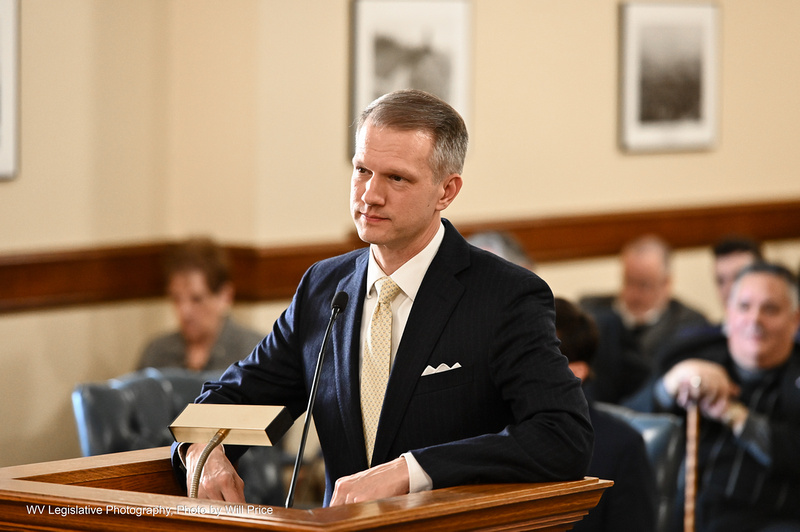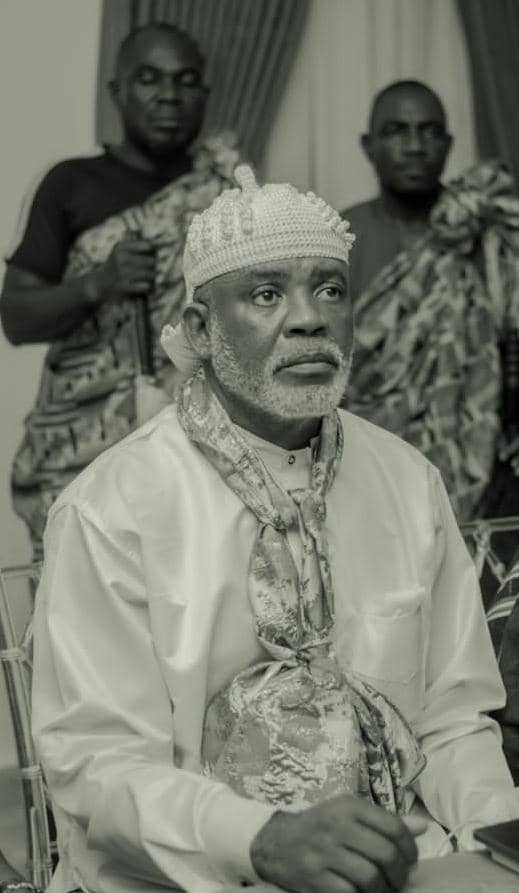Nigeria’s President, Bola Tinubu, faces a daunting challenge as the country grapples with a surge in insecurity. In response, he initiated police reform last October, aiming to address fundamental flaws in the current system. This move, though significant, must align with the principles of federalism to yield lasting results.
At the heart of the issue lies the need for comprehensive police reform. This includes addressing constitutional gaps, enhancing coordination among security agencies, leveraging technology, and bolstering manpower. Governor Dapo Abiodun’s revelation that the Nigeria Police Force has seen minimal reform since 1891 underscores the urgency of Tinubu’s task.
The gravity of Nigeria’s security predicament is evident in harrowing incidents, such as the kidnapping of a family in the capital, Abuja, and the brazen attacks in Plateau State during the Christmas season. These events underscore the pervasive lack of security protection for Nigerians, demanding an immediate and resolute response.
A crucial proposition put forth by the 2014 National Political Reform Conference involves the establishment of state police across the 36 states, coupled with community policing and other specialized forces. While widely applauded, this recommendation has languished, overlooked by successive administrations despite the worsening security landscape.
To chart a new course, Bola Tinubu must draw from the 2014 conference report and implement its proposals. The diversified nature of policing in leading federations like the United States, Germany, and the United Kingdom underscores the efficacy of tailored security approaches at various levels.
Efforts by the current Inspector General to establish a Special Intervention Squad in the Federal Capital Territory serve as a reminder of the need for substantive, not superficial, changes. The existing Nigeria Police Force’s rampant corruption, highlighted in a 2019 survey ranking it as the most corrupt public institution in the country, underscores the imperative for holistic reform.
Moreover, the longstanding impasse between the Nigeria Police Force and the Police Service Commission over recruitment underscores institutional frailties that erode public trust. Additionally, states’ substantial financial contributions to support policing without commensurate results call for a re-evaluation of the current centralized system.
Addressing these systemic failures necessitates a paradigm shift. Enhancing intelligence capabilities, empowering state and community policing, and fortifying liberated territories from insurgents demand immediate attention to avert further deterioration of the security situation.
For Tinubu, the time to heed the call for comprehensive policing reform is now. Upholding the principles of federalism, embracing localized security solutions, and implementing long-overdue recommendations can chart a new trajectory towards safeguarding the nation’s future.



